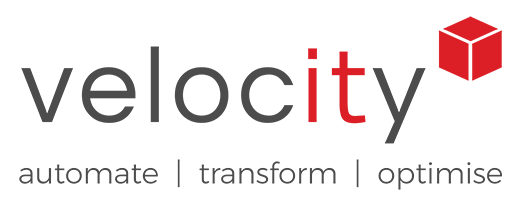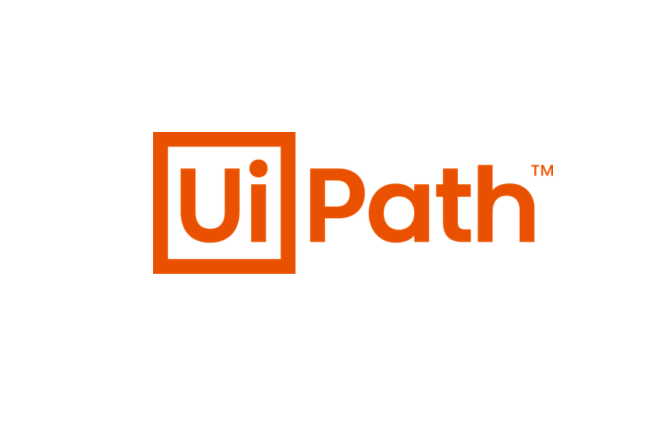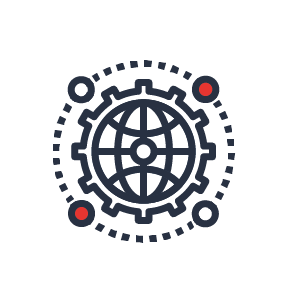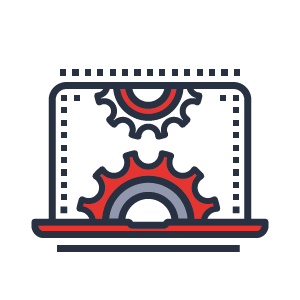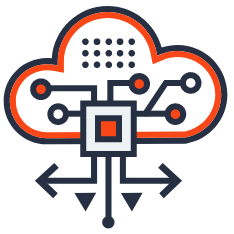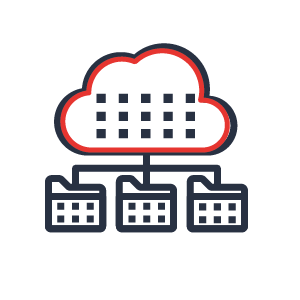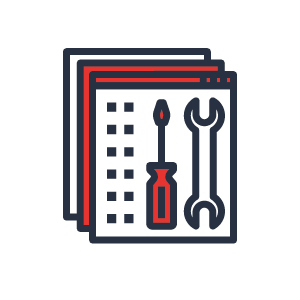With a staggering 23 billion connected devices as of 2018 – 127 more every second – the Internet of Things (IoT) is seeing a rapid rise to prominence. IoT devices are increasingly being amalgamated into automated systems, and this can be leveraged to improve business efficiency.
The information of connected devices can be used to hone business processes, both digital and human, and is facilitating the emergence of entirely new types of business models. The growth is not without difficulties: new technology comes with technical challenges and expenses, and selective use is vital to seeing ROIs. Here are some of the key trends in IoT, and how it can be used to facilitate business optimisation.
The rise of IoT
A revolution of sorts is underway: two thirds of companies are now using some form of IoT, and it has a potential total economic impact of $11.1 trillion by 2025. IoT is being implemented in a wide array of business operations – some of the largest growth projections being in factories, retail, work sites, and offices. For example, IoT can be used to track inventory status; in-store sensors can track customer behaviour to hone marketing efficiency; while sensors in equipment enable predictive maintenance – saving time and preventing delays in services or production. These are merely the tip of an iceberg; IoT is increasingly integrating more and more processes within businesses, enabling every part of the network to function together more cohesively.
Growing pains: expense and technical challenges
With new technology and opportunity for success come new challenges: effective use of IoT requires more than indiscriminate installation of the tech. New technologies, alongside business models and skills, are required to unleash its potential.
At present, most data generated by IoT is not processed, meaning that it doesn’t improve efficiency or provide a good ROI. New technology is needed, both to process and analyse the huge amounts of data it produces. Edge computing is increasingly being used to deal with the quantity of IoT data by processing closer to the source of devices, vastly improving the quantity and speed of data-processing. However, the expense of running edge and core in one platform can become prohibitive. AI/machine learning is needed for data-analysis of larger IoT infrastructure, making it very costly. Security is also critical: IoT will make networks more complex and fragmented, so protecting networks will require new security solutions.

Strategic use is all-important
The key is to implement IoT intelligently and selectively. This involves starting with the processes of a business and analysing how they can be optimised through various strategies – both digital and human – before deciding which data to capture, process and analyse and what concomitant technology to invest in. By limiting investment in IoT and other necessary technology to where it is most effective, resources are freed up and value is created optimally – giving high ROIs and enabling growth. This isn’t to say you shouldn’t be ambitious about introducing IoT: strategic use of IoT will facilitate further investment as your business evolves.
Integrating the way that employees work with IoT is of vital importance, and shouldn’t be overlooked. Not only in understanding how to work around it but in facilitating (re)training and explaining its benefits alongside its introduction. This ensures that it’s not seen as threatening their jobs or as an oppressive “Big Brother” – willing use of IoT is vital to optimisation.
Disrupting traditional business models
We are currently seeing the emergence of a “system of systems” through IoT that will allow many processes to be optimised by the interconnected information of multiple systems (both digital and otherwise). This rapid technological evolution will reshape the world – it has even been likened to a new industrial revolution. It will disrupt traditional business models and create exciting new opportunities, and how businesses respond and evolve may play a large role in determining their success. Used to facilitate business optimisation, IoT can help to create a competitive edge with innovative strategies – allowing you to get ahead of the game and disrupt your industry.
